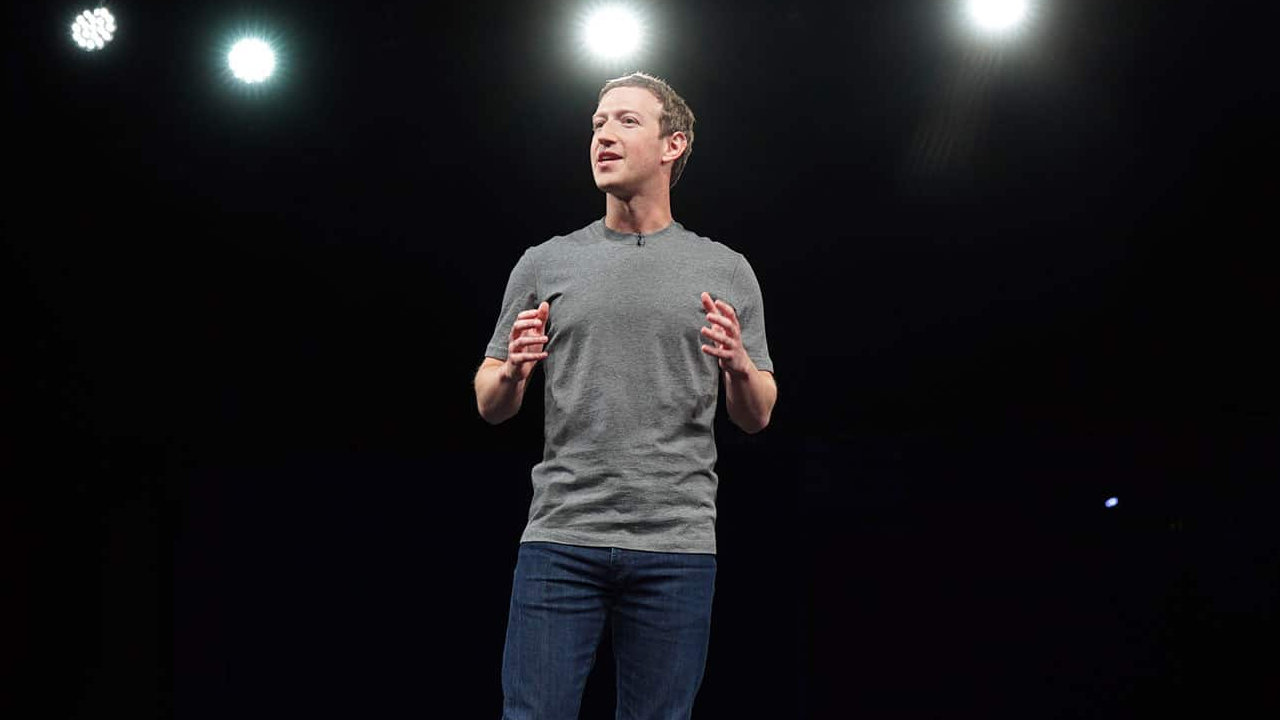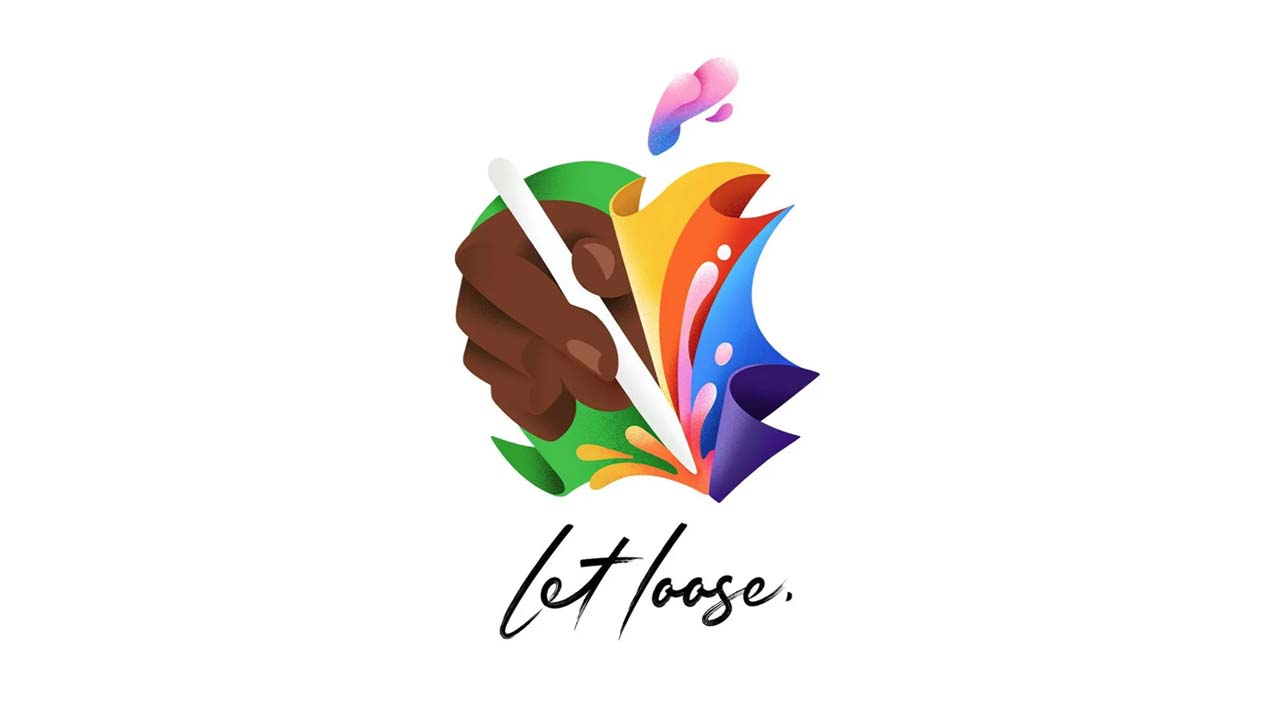News
Zuckerberg: Social media ‘shouldn’t be the arbiter of truth’
Reacting to Twitter fact-checking Trump

A few days ago, Twitter acted out against misinformation in US President Donald Trump’s recent tweets about mail-in ballot voting. The monumental policing is the first time that the social media platform moderated the president’s tweets, especially since Trump favors the platform for his public communication. However, it was not unprecedented. As of late, Twitter has implemented more stringent fact-checking protocols to ensure absolute accuracy.
Naturally, the Trump administration retaliated against what they perceived as censorship. Since the moderation, the president has started pondering on measure to regulate social media in general. Though Twitter is the main target, Facebook’s Mark Zuckerberg had his own words to say about the raging debate.
In an interview with Fox News, Zuckerberg went against Twitter’s new moderation policies. “I just believe strongly that Facebook shouldn’t be the arbiter of truth of everything that people say online,” he said. “Private companies shouldn’t be in the position of doing that.”
True enough, Facebook does not have the same fact-checking protocols as Twitter. Zuckerberg believes that every politician should have the same platform as everyone else. At the very least, the platform moderates content in a reactionary fashion using its own terms of service.
Regardless, Trump’s rage against Twitter has lumped all of social media together including Facebook. In this sense, Zuckerberg is also going against Trump’s war. “In general, a government choosing to censor a platform doesn’t strike me as the right reflex,” he said. Further, he defends Facebook as a robust platform against oppressive and harmful content.
Since the rise of cybersecurity in public awareness, Facebook has always found itself in a diminished position owing to massive controversies surrounding its data policies. Given the aggressiveness of the latest Trump-Twitter debate, Zuckerberg is taking a more cautious approach to draw the flak away from Facebook.
Fact check: there is someone ultimately accountable for our actions as a company, and that’s me. Please leave our employees out of this. We’ll continue to point out incorrect or disputed information about elections globally. And we will admit to and own any mistakes we make.
— jack (@jack) May 28, 2020
In Twitter’s defense, Jack Dorsey has drawn all of the debate’s rage on himself. In a recent tweet, Dorsey calls Trump’s supporters to stop blaming Twitter’s employees; instead, they should get mad at him for implementing the new policy.
SEE ALSO: Facebook is adding a new care reaction to the Like button


The next Apple event is coming! Two weeks ahead of the big launch, the iPad maker has announced an upcoming event dedicated to the tablet.
As always, Apple has added a tagline to tease what’s coming for the brand. This time, it’s “Let loose.”
Now, you won’t get a lot of clues from something so vague. Thankfully, the graphic is much more telling. It features a hand clearly grasping an Apple Pencil. For sure, the event will focus on new iPads.
The special event will start on May 7, 10AM ET. Interested viewers can watch the event live.
There’s no confirmation what models are getting new faces for the event. However, rumors are swirling that we’re getting a new iPad Pro. We can likely expect a new Apple Pencil too, especially since the stylus is a main focus for the invite.
New iPhones are likely out, though. Apple usually holds the event for those later in the year. That leaves the Macs and the Vision Pro in the less-likely-but-still-possible realm.
That said, if you’re looking for new tablets, it’s time to wait a bit.
News
MediaTek eyes video generative AI for mobile, next-gen sat broadband, more
MediaTek sets its eyes on the future

Without question, AI-powered features have been integral for smartphones nowadays. And although it’s still “limited” what users can do with AI on their phones, MediaTek is trying to bring more advanced capabilities to mobile devices. This, as the semiconductor company is eyeing video generative AI for mobile, as part of its goals for the near future.
A few months ago at MWC 2024, MediaTek showcased on-device generative AI video diffusion powered entirely by its Dimensity 9300 processor. This leading smartphone chip incorporates the world’s first hardware-based generative AI Engine with secure, personalized AI. It is capable of bandwidth reduction, LoRA Fusion, and 8X faster generative AI performance, compared to MediaTek’s preceding AI processor.
Sooner rather than later, users can perhaps elevate the short video-editing experience on their smartphones by leveraging video generative AI, something reserved for heavyweight devices and software programs for now.
World’s first 5G-advanced satellite broadband
Aside from video generative AI on mobile devices, MediaTek is working on improving connectivity across various technologies. For instance, the company is working on a 5G-NR-NTN satellite chip that can deliver broadband speeds of up to 100mbps. They are working with Rohde & Schwarz for this innovation. One industry that will surely benefit from this is the automotive industry, with MediaTek utilizing advanced LEO satellite support over the Ku-band.
New platforms for 5G IoT, wearables
Meanwhile, the newly-announced MediaTek T300 platform will make it easy for IoT designers to transition to 5G-NR especially for applications requiring ultra-efficient connectivity and long-lasting battery life. This includes wearables, lightweight AR devices, and always-connected IoT devices. MediaTek likewise demonstrated at MWC 2024 how it can achieve consistent low latency for AR and IoT devices. This was made possible by the company’s new RedCap RFSoC using the Keysight UXM5G Wireless Test Platform.
5G CPE for better performance
Moreover, MediaTek showcased its latest 5G CPE devices powered by the T830 platform. Using three transmission antennae (3TX) applicable across 5G NR band combinations, MediaTek eyes performance enhancements for Wi-Fi routers, promising low latency, low loss, and a significant reduction in network delay.
Auto industry collaborations
Earlier in the year, MediaTek also released AI-driven chipsets specifically for smart cars. This is another aspect the company wants to build on. Using OpenSynergy Hypervisor technology, MediaTek wants advanced safety-first features through a virtualized OS within the vehicle. Additionally, MediaTek and ACCESS Twine4Car are working together to develop richer multiscreen entertainment and interactive services. Of course, the former already has the Dimensity Auto smart cockpit and infotainment platforms working to provide highly capable processing.
These platforms can handle demanding processes. These include multiple operating systems, wireless connectivity feeds, and multiple concurrent video playbacks. It can even support advanced 3D graphics and generative AI for the driver and passengers in the vehicle, elevating the overall smart car experience.
Smart home IoT connectivity
Lastly, MediaTek is envisioning a “home gateway” concept which it calls “Ambient Computing.” This will allow users to manage their network of IoT devices in a better, faster, and more direct manner. This will be done by having the technology solve the indoor-outdoor network barrier through bypassing third-party networks.
In other words, users will be able to control everything from their mobile device, minus third-party services. And because multiple devices are working together, a user may technically use a PC to accelerate tasks on the smartphone — beyond what’s possible on a mobile chip. That extends the phone’s life considerably, too.
News
Xiaomi Redmi A3 Philippine pricing, availability
Budget smartphone with high refresh rate display

Xiaomi is bringing high refresh rate displays to its budget line with the announcement of the Redmi A3. The latest addition to the entry-level Redmi line boasts of an expansive 6.71-inch HD+ display with up to a 90Hz refresh rate.
The Redmi A3 is available in Midnight Black, Star Blue, and Forest Green. The smartphone is priced at PhP 3,399 (3GB+64GB) and PhP 3,999 (4GB+128GB) respectively for its two configurations.
Customers may preorder the phone until April 27 via Lazada, Shopee, and TikTok. General sale begins April 26th in all Xiaomi stores nationwide. Freebies are a Basic Piston Earphone for online purchases and a 3-month Viu Premium subscription for in-store purchases.
The Redmi A3’s immersive screen allows users to consume various content in high-definition with better smoothness, a boost for a phone of its price point. The screen has Corning Gorilla Glass 3 protection as well, and DC dimming to reduce blue light exposure.
The phone also sports a refined design that lets go of the iPhone-looking camera arrangement. Instead, the main camera is now in the middle as part of a watch face-looking setup similar to other Android phone offerings.
Speaking of, an 8MP main shooter highlights the back of the Redmi A3. In front is a 5MP front camera. The phone is powered by a MediaTek Helio G36 processor and runs on an Android 14-based OS. Furthermore, it has a 5,000mAh battery with 10W of USB-C charging.
Other handy Redmi A3 features for users to utilize include a 3.5mm jack, Face Unlock, and Fingerprint Unlock.
-

 Events2 weeks ago
Events2 weeks agoStellar Blade: PlayStation taps cosplayers to play Eve for game’s launch
-

 Features1 week ago
Features1 week agoFortify your home office or business setup with these devices
-

 Gaming2 weeks ago
Gaming2 weeks agoThe Rogue Prince of Persia looks like an ultra-colorful roguelite
-

 Accessories2 weeks ago
Accessories2 weeks agoLogitech unveils G Pro X 60 gaming keyboard: Price, details
-

 Reviews1 week ago
Reviews1 week agorealme 12+ 5G review: One month later
-

 Gaming2 weeks ago
Gaming2 weeks agoLenovo confirms development of a Legion Go 2
-

 Deals2 weeks ago
Deals2 weeks agoTCL P635 TV: Big savings for TCL’s anniversary
-

 Gaming1 week ago
Gaming1 week agoNew PUMA collection lets you wear PlayStation’s iconic symbols


























